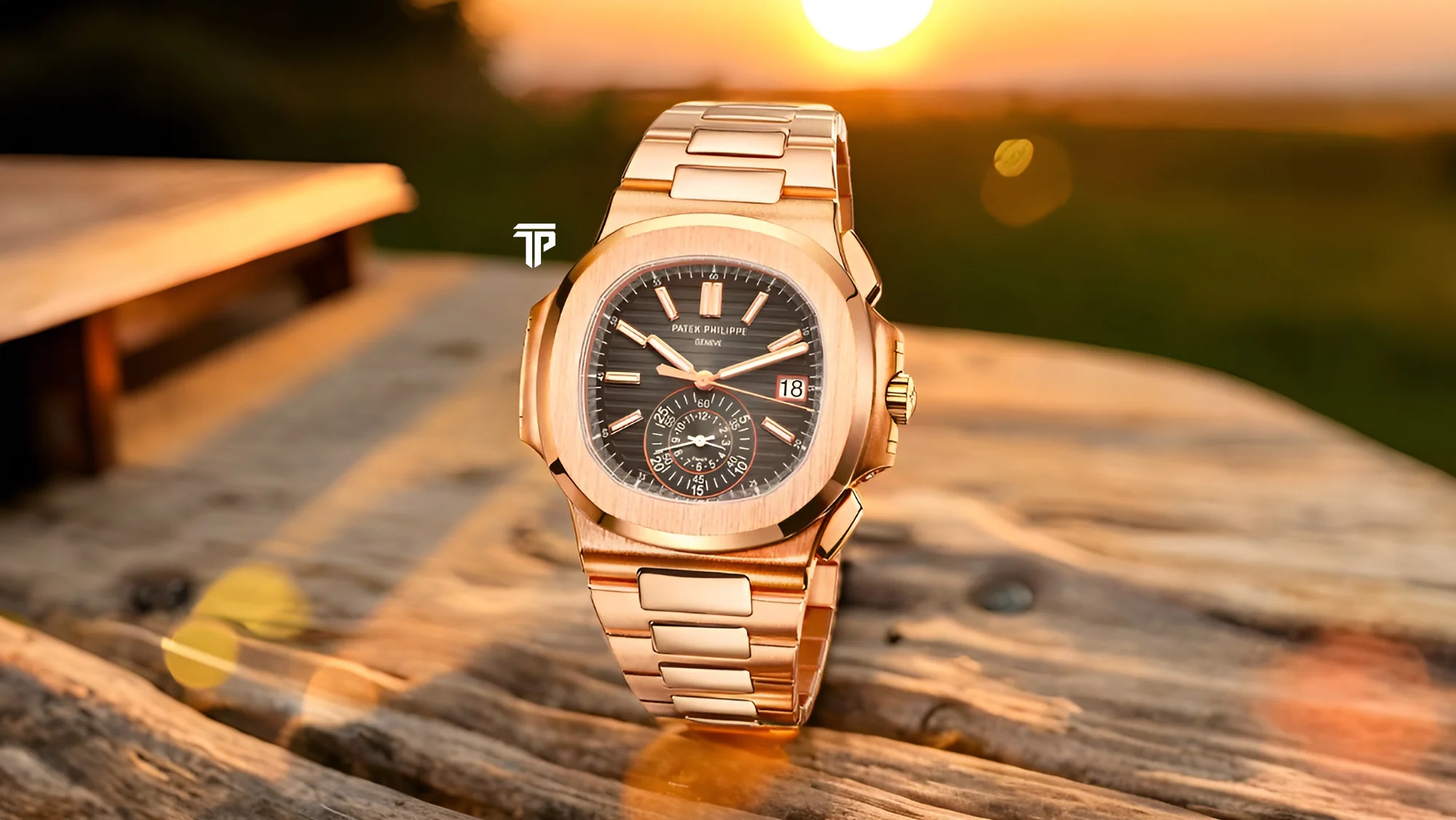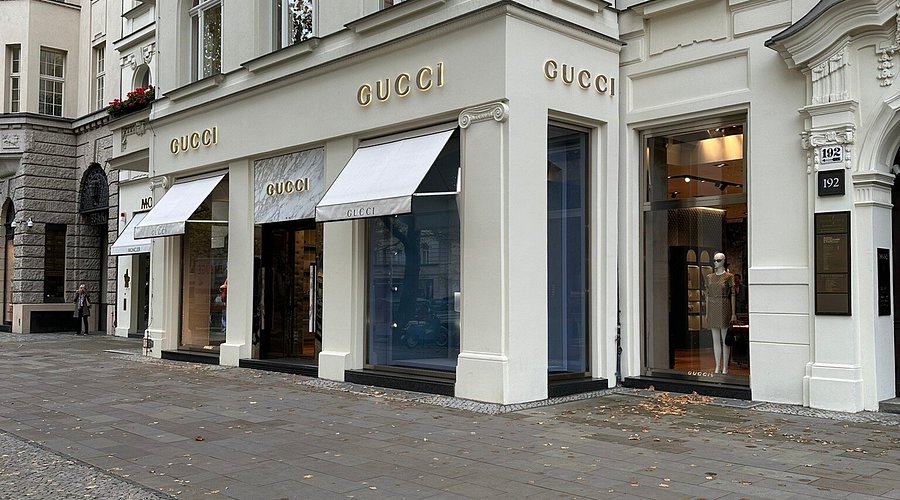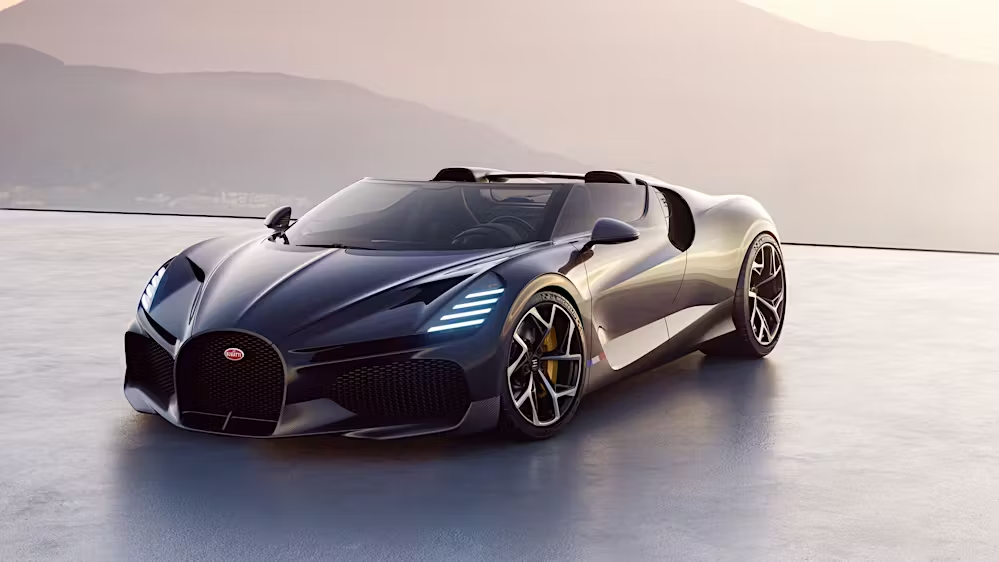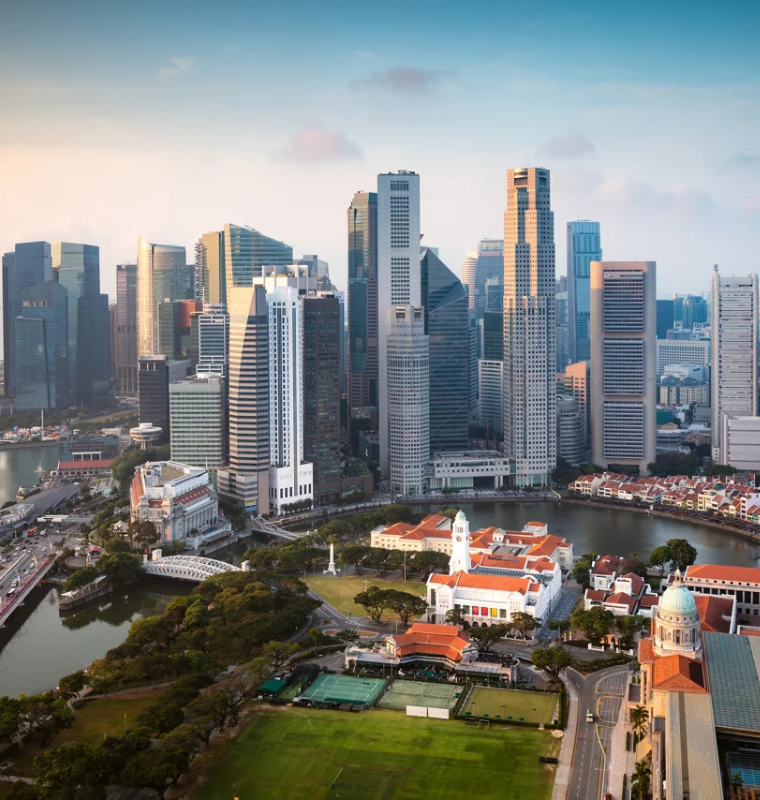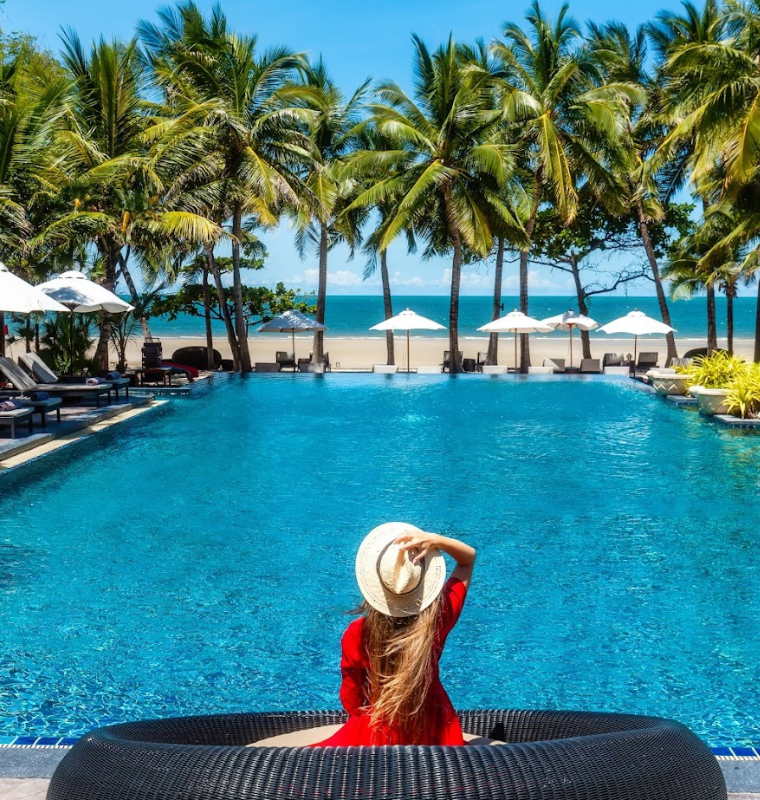Global Luxury Market Hits Record High as Ultra-Wealthy Drive Demand
By
John Carter
Last updated:
August 15, 2025
First Published:
August 15, 2025
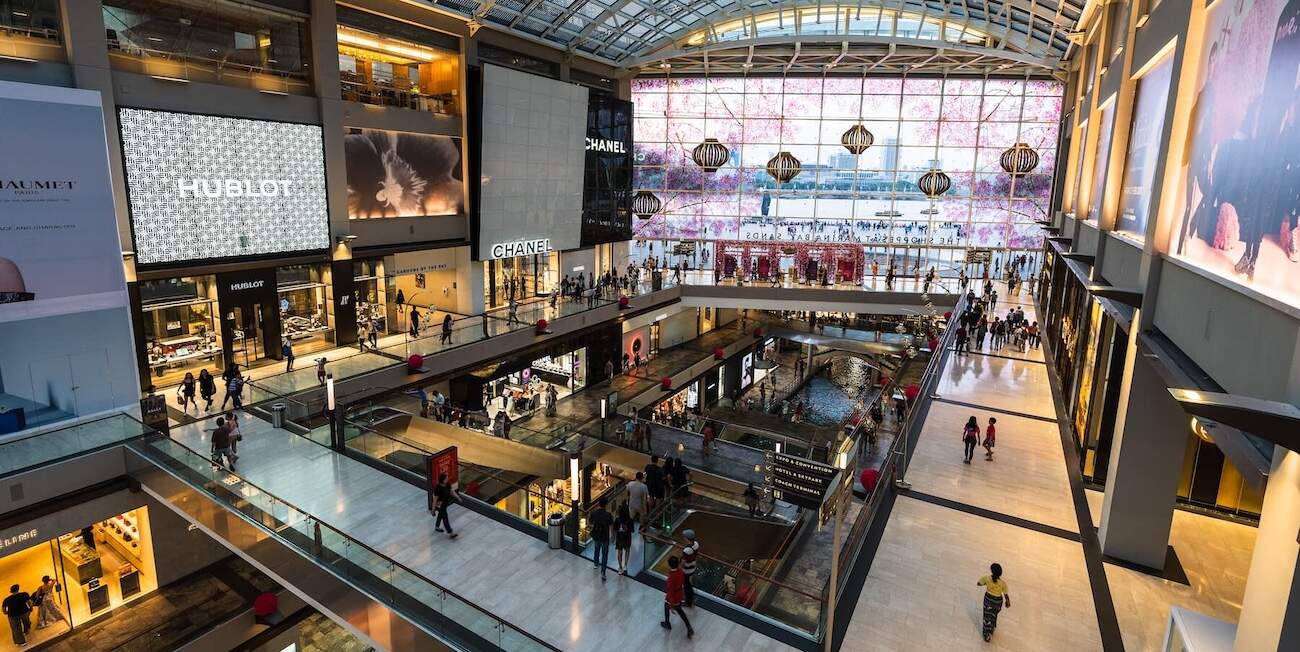
Photo: Truly Classy
The global luxury market is experiencing unprecedented growth as high-net-worth individuals continue to drive demand for premium goods and experiences. From haute couture and exotic automobiles to private travel and fine dining, affluent consumers are reshaping the definition of luxury. The surge in spending is not merely about purchasing products; it is a reflection of a lifestyle that emphasizes exclusivity, quality, and the ability to access experiences beyond the ordinary.
The Rise of Ultra-Luxury Consumption
Luxury consumption is increasingly moving toward experiences and goods that offer exclusivity and personalization. High-end fashion, rare collectibles, and private residences are just part of the spectrum of products that attract the ultra-wealthy. These consumers prioritize uniqueness and craftsmanship over quantity, seeking items that carry both aesthetic and social value. Companies in the luxury sector are responding by creating bespoke offerings that cater to individual tastes, emphasizing rarity and sophistication to satisfy their elite clientele.
Impact of Global Wealth Growth
The growth of the ultra-wealthy population worldwide has been a key driver of the luxury market boom. Emerging economies, combined with expanding tech industries and entrepreneurial success stories, have contributed to a significant increase in the number of high-net-worth individuals. These consumers are not limited to traditional luxury hubs; they are reshaping global demand by seeking products and services that reflect their status and personal ambitions. The distribution of wealth across regions has led to a more diverse clientele, prompting brands to innovate and localize offerings while maintaining a global appeal.
Experiential Luxury and Lifestyle Integration
Modern luxury is no longer restricted to material possessions. Affluent consumers increasingly value unique experiences such as private travel, curated wellness retreats, and exclusive cultural events. Luxury brands are integrating these experiences into their offerings to create a holistic approach that connects products with lifestyle aspirations. This trend highlights a shift in luxury from transactional purchases to immersive experiences that provide social recognition, personal enrichment, and memorable encounters.
Strategic Branding and Market Adaptation
To capture the attention of ultra-wealthy consumers, luxury brands are adopting strategies that emphasize exclusivity, heritage, and innovation. Limited editions, bespoke services, and personalized consultations have become standard practice for brands aiming to maintain relevance in this competitive market. By aligning brand identity with the values and expectations of high-net-worth individuals, companies can foster loyalty while simultaneously reinforcing the perception of luxury as a marker of social and cultural distinction.
The record growth of the global luxury market demonstrates the evolving priorities and consumption patterns of the ultra-wealthy. As affluent consumers increasingly seek products and experiences that reflect their identity and status, luxury brands are responding with innovation, exclusivity, and a focus on lifestyle integration. Observing these trends offers insight into the broader implications of wealth on global markets and highlights how luxury has become both a reflection of financial success and a tool for personal expression.
Subscribe to unlock premium content
Sed at tellus, pharetra lacus, aenean risus non nisl ultricies commodo diam aliquet arcu enim eu leo porttitor habitasse adipiscing porttitor varius ultricies facilisis viverra lacus neque.
A comprehensive guide on Agile development

10 Productivity tools that are worth checking out

Top 7 Must have management tools for productivity

A comprehensive guide on Agile development

10 Productivity tools that are worth checking out

A comprehensive guide on Agile development



